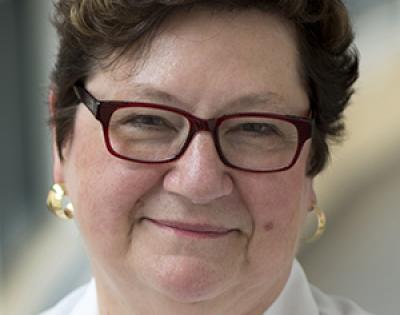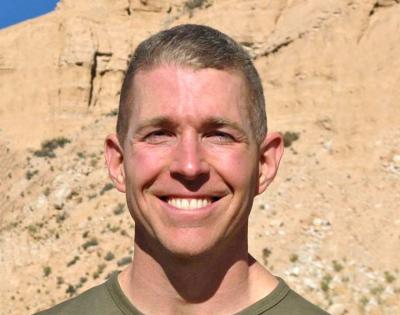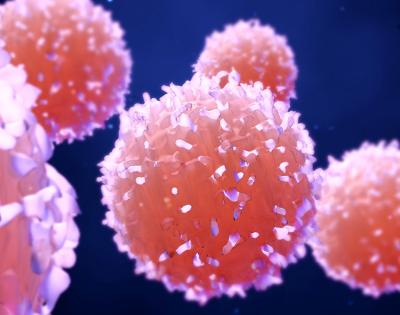Science + Tech
September 29, 2016
A new scientific study conducted by a team of leading geneticists has characterized how cells know when to stop translating DNA into proteins, a critical step in maintaining healthy protein levels and cell function. In the study published in Cell, researchers studied short pieces of genetic material...

Hero Type
Image
September 23, 2016
As many of you know, as of September 1 our school entered into a new agreement with University Hospitals. While we will continue to partner with UH on educational, research, and community service programs, it will no longer be identified as our school’s primary affiliate. In light of the unprecedent...

Hero Type
Image
September 21, 2016
A record of shifts in the environment and animal diversity and distribution may help scientists predict effects of current climate change
Darin Croft, associate professor of anatomy at the Case Western Reserve University School of Medicine, will try to start filling a gap in the fossil record of Sou...
September 20, 2016
A Case Western Reserve University School of Medicine-led team of international researchers has for the first time identified a fungus as a key factor in the development of Crohn’s disease. The researchers also linked a new bacterium to the previous bacteria associated with Crohn’s. The groundbreakin...
September 20, 2016
A person’s DNA sequence can provide a lot of information about how genes are turned on and off, but new research out of Case Western Reserve University School of Medicine suggests the 3-D structure DNA forms as it crams into cells may provide an additional layer of gene control. As long strands of D...

Hero Type
Image
September 20, 2016
Quick and automated count of tubules correlates with current best—but expensive— genomic test determining who needs chemotherapy and who doesn’t
The number of tubules in tumors may predict which women with estrogen receptor positive (ER+) breast cancer will benefit from hormone therapy alone and whi...
September 14, 2016
In a World View opinion column published in Nature, a Case Western Reserve University School of Medicine researcher calls for animal-human embryo research to proceed – but only with strong animal protections in place. So-called “chimera” research raises the hope of producing human organs in genetica...
September 13, 2016
A new scientific study reveals one way to stop proteins from triggering an energy failure inside nerve cells during Huntington’s disease. Huntington’s disease is an inherited genetic disorder caused by mutations in the gene that encodes huntingtin protein. Approximately 30,000 Americans have mutant ...
September 08, 2016
Insoo Hyun, PhD, associate professor of bioethics at the School of Medicine of Case Western Reserve University, has proposed a framework for addressing ethical questions surrounding potentially revolutionary research on part-human, part-animal embryos, which can be produced when human stem cells are...
September 08, 2016
Jonathan Karn, PhD, Reinberger Professor of Molecular Biology and chairman of the Department of Molecular Biology and Microbiology at Case Western Reserve University School of Medicine, and director of the Case Center for AIDS Research, has been awarded the 2016 Drexel Prize in Translational Medicin...

